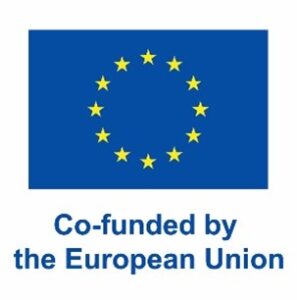The Right of Access to Public Information (RTI) is an internationally recognized tool for safeguarding the democratic constitution and ensuring effective oversight of the executive by both Civil Society Organizations (CSOs) and the journalistic community. This right empowers the public to request access to data, information, and documents, obliging public administrations to respond within a specified period.
Through this project, our goal is to establish an alliance between civil society organizations and journalists. Together, we aim to lobby the state, raise public awareness, and enhance the existing RTI legislative framework. This will be achieved through the submission of substantial and concrete proposals, with the overarching objective of significantly strengthening the long-term supervisory role of civil society and journalism. Ultimately, our aim is to improve the functioning of democracy in our country.
Target groups:
The target groups of the project include Civil Society Organizations, journalists-researchers, and the general public.
Activities:
- Publication of two detailed policy papers with concrete proposals to improve access to public information, sent to the Prime Minister, the Minister of Interior, and members of the relevant parliamentary committee.
- Establishment of an alliance with 15 civil society organizations to promote transparency and accountability, enabling future collaboration and exchange of good practices.
- Implementation of an advocacy campaign, including meetings with MPs and key stakeholders, with some proposals incorporated into the final legislation.
- Execution of a wide-reaching communication campaign with two informative videos, banners, over 30 social media posts, and sponsored ads across Facebook (322,574 impressions), Instagram (48,113), and X/Twitter (11,072), reaching over 380,000 views in total.
- Media coverage by at least five national outlets, including Efsyn and iMEdD.

Funded by the European Union. Views and opinions expressed are however those of the author(s) only and do not necessarily reflect those of the European Union or the European Education and Culture Executive Agency. Neither the European Union nor the granting authority can be held responsible for them.

